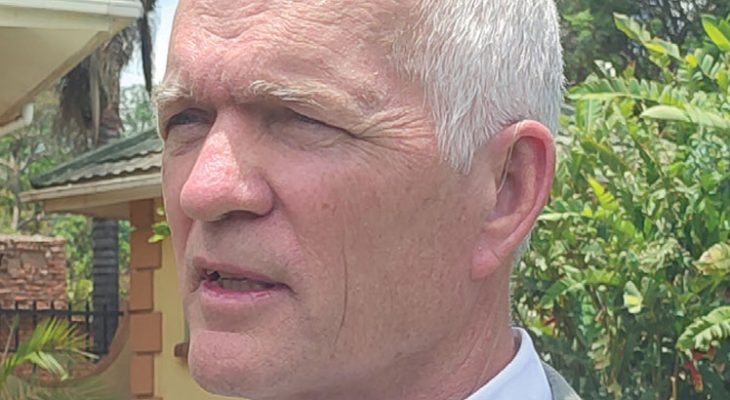
‘Revolutionizing Malawi’s Economy through Pioneering Energy Solutions’
Key Business Points
- Scaling energy innovations is crucial for Malawi to reduce its dependency on biomass, expand electricity access, and build a resilient energy future, with experts emphasizing the need to move beyond pilot projects.
- Financing and policy alignment are major barriers to deploying energy technologies at scale, with interest rates near 35 percent making expansion impossible for renewable firms, and patient capital being necessary for growth.
- Local technical capacity is essential for maintaining and repairing energy technologies, with government officials acknowledging that past projects failed due to dependence on imported spare parts or lack of technicians, and efforts being made to diversify energy sources and strengthen local technical capacity.
Malawi’s business community is being urged to shift its focus from showcasing promising energy technologies to deploying them at scale, in order to reduce the country’s dependency on biomass, expand electricity access, and build a resilient energy future. Zikomo kwambili (thank you very much) to the researchers, government officials, and private-sector innovators who are working together to address the energy crisis. The call comes as pressure mounts on the national grid, deforestation accelerates, and the cost of diesel-based back-up systems continues to price out both households and businesses. Experts warn that without deliberate investment and policy alignment, Malawi risks remaining stuck in a cycle where innovation exists but impact does not.
According to Professor Ishmael Kosamu, Deputy Vice-Chancellor of the Malawi University of Business and Applied Sciences (MUBAS), the country’s core weakness is not a shortage of innovation, but the slow translation of laboratory research into real-world energy solutions. Kugwira ntchito (working together) is essential to overcome this challenge. The Africa–Norway Energy Technology Network has jointly developed low-cost clean cooking systems, hybrid wind–solar mini-grids, and heat-storage cookers designed to replace firewood, which are engineered for off-grid communities that rely almost entirely on biomass.
Government officials acknowledge that past renewable projects failed because they depended on imported spare parts or lacked technicians to repair them. Kuzima kwa ma technologiya (technology failure) is a major concern, and the ministry is now rebuilding the system from the ground up, diversifying energy sources and strengthening local technical capacity. Private innovators, such as Green Impact Technologies Managing Director Admore Chiumia, say financing remains the single biggest barrier, with interest rates near 35 percent making expansion impossible. Makwelero a ndalama (financial barriers) must be addressed to enable the growth of renewable energy firms.
Across academia, industry, and government, the message is consistent: Malawi cannot keep relying on charcoal, unreliable grid power, and high-cost generators. The ideas already exist, and what is missing is the scale, financing, and policy consistency to turn local innovation into nationwide energy access. Tiyeni tigwile (let’s move forward) and work together to create a resilient energy future for Malawi. Without decisive action, experts warn, Malawi risks celebrating potential while households and schools continue cooking with charcoal and studying in the dark, emphasizing the need for mphamvu ya kuchita (the power to act) to drive change.
What are your thoughts on this business development? Share your insights and remember to follow us on Facebook and Twitter for the latest Malawi business news and opportunities. Visit us daily for comprehensive coverage of Malawi’s business landscape.
- World Bank advocates pragmatic approach to managing K16 trillion domestic debt - March 2, 2026
- Making Social Insurance Work for Malawi’s Business Community - March 1, 2026
- Unlocking Malawi’s Trade Potential: K411 Billion in Barriers Explained - February 28, 2026
